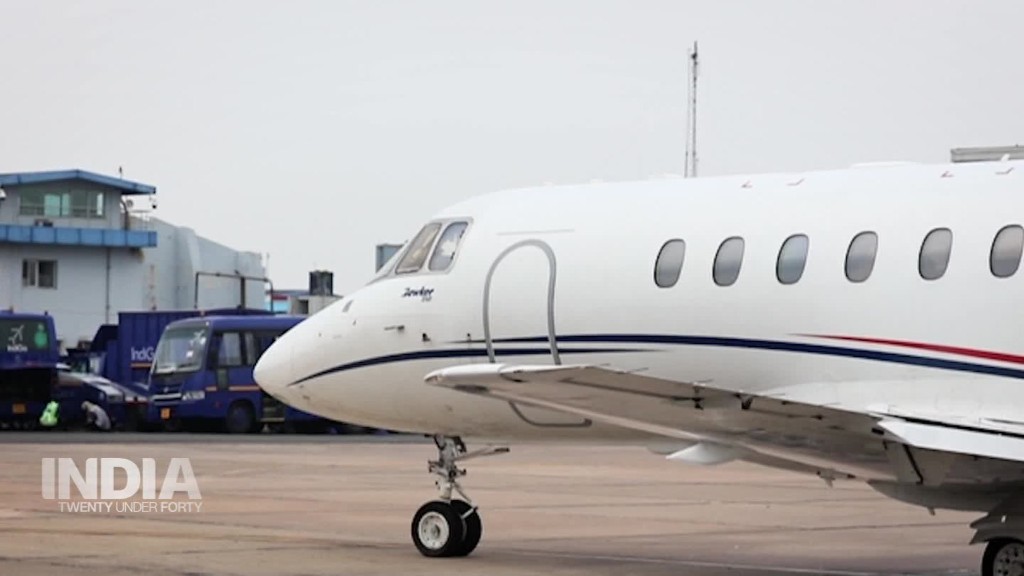
For the first time ever, an international airline can use Saudi airspace to fly to Israel.
Air India is launching a new flight from New Delhi to Tel Aviv, starting on March 22, and has been given permission to use the skies over Saudi Arabia, an Air India spokesperson told CNN.
Israel and Saudi Arabia have never had official diplomatic relations, and interactions between their governments have taken place only through back channels.
But the historic animosity has given way to cautious, if often denied, cooperation based on a shared enmity towards Iran.
The permission for Air India to fly over Saudi Arabia will likely be seen as a major breakthrough, cutting hours off direct flights between India and Israel.
But it has upset Israel's national carrier, El Al, which has to fly around the Arabian peninsula to India. Its Tel Aviv-Mumbai flight takes eight hours. By comparison, Air India's three flights a week between the Indian capital and Tel Aviv -- a longer flight by distance -- will take only seven hours.
Related: This Indian airport will fly you to the terminal for $65
El Al slammed what it termed a "discriminatory" move by Saudi authorities, in a letter to the International Civil Aviation Organization (ICAO) this week.
"Air India will gain a significant and unfair advantage over El Al with respect to flights between Israel and India," CEO Gonen Usishkin said in the letter.
He demanded that the ICAO help "procure equal permission for El Al to fly above Saudi Arabia."
Israel and India have seen a surge in cooperation under Prime Minister Benjamin Netanyahu and Prime Minister Narendra Modi.
Netanyahu recently visited India, complimenting Modi's visit to Israel, where the two hailed warming ties between the tiny Jewish state and the world's fastest growing major economy.
Saudi and Israeli aviation authorities did not respond to requests for comment.
-- CNN's Oren Liebermann, Sugam Pokharel and Zahraa Alkhalisi contributed to this article.
-- Correction: An earlier version of this article gave an incorrect title for Indian Prime Minister Narendra Modi.

